When Òwú. Fil. Faden. Thread. opened at CCA Lagos on October 29, it arrived not so much as an exhibition but as a culmination — the Lagos chapter of a two-year continental relay stitched together with memory, politics, and sheer aesthetic nerve. The travelling quilt project has already looped through Vienna(Austria), Bregenz (Austria), St. Gallen (Switzerland), Dakar (Senegal), and Berlin (Germany), gathering histories and fabrics like souvenirs. By the time it touched down in Lagos, it had become something of a textile nomad — part artwork, part archive, part provocation.
Developed at the Academy of Fine Arts Vienna under the Austrian Science Fund’s Arts-Based Research (PEEK) programme — an initiative as academically rigorous as it is creatively restless — the project is a long-form meditation on the entangled histories of textiles, trade, and colonial encounter. The title, rendered in Yoruba, German, and English — Òwú. Fil. Faden. Thread. — is both translation and metaphor, suggesting the intertwined threads of language, labour, and legacy that bind its story.
Over 18 months, artists and researchers worked in a choreography of making that spanned continents: field trips to the Austrian town Vorarlberg’s lace factories, Dakar’s textile hubs, and Lagos’s dye pits. Through dyeing, stitching, spinning, and cutting, they pieced together a quilt that feels less like a static artwork and more like a sentient fabric — an accumulation of gestures, resistances, and reclaimed textures.
In each city, the exhibition shapeshifts according to local context. Bregenz revisited its lace-boom nostalgia; St. Gallen folded the project into Europe’s quilt canon; Vienna staged a cerebral homecoming. Lagos, however, feels like an emotional one. Here, the project turns its gaze toward reclamation — toward the fabrics that once travelled north as raw material and returned south as luxury commodity. The city itself becomes a metaphorical loom, weaving together the ghosts of global trade and the defiant pulse of postcolonial artistry.
At CCA Lagos, the installation reads as both an elegy and an act of defiance. The quilt, monumental yet intimate, becomes a site where cloth performs memory: lace murmuring of empire, damask carrying the hush of migration, cotton remembering its own extraction. It’s a work that refuses to stay flat — rippling with the spectral weight of history and the quiet persistence of craft.
The Lagos programme unfolds with tactile verve: a two-day indigo-dyeing workshop led by Yusif Sani Said, a fifth-generation master from Kano’s legendary Kofar Mata dye pits (November 13–14); a screening of Lace Relations at the J. Randle Centre for Yoruba Culture and History (November 1); and a suite of artist talks and closing reflections through late November. The accompanying Pattern Book doubles as a conceptual field guide — a printed choreography of hands, stories, and stains, documenting the process of making as a form of thinking.
Supported by CCA Lagos and the Revolving Art Incubator, Òwú. Fil. Faden. Thread. arrives at a moment when the politics of material culture feel especially urgent. What emerges here is less a nostalgic nod to textile traditions than a sly, sophisticated reckoning with how those traditions were unraveled — and how they might yet be rewoven. The result is a show that thrums with intelligence and irony, deftly reminding viewers that fabric is never just fabric; it’s history made tangible, empire rendered wearable, and resistance beautifully stitched.



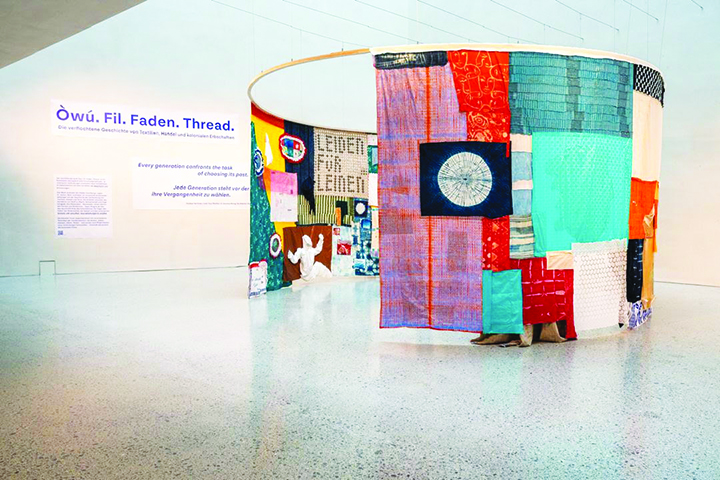

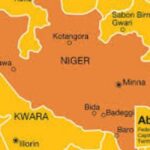

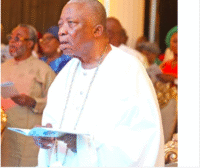


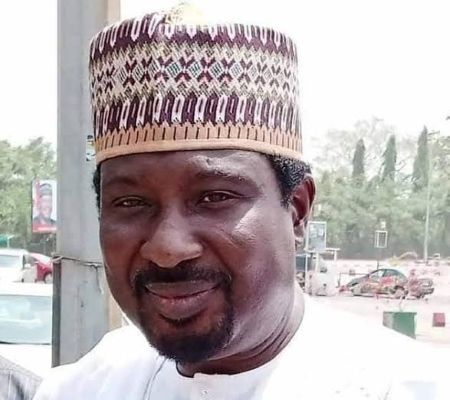
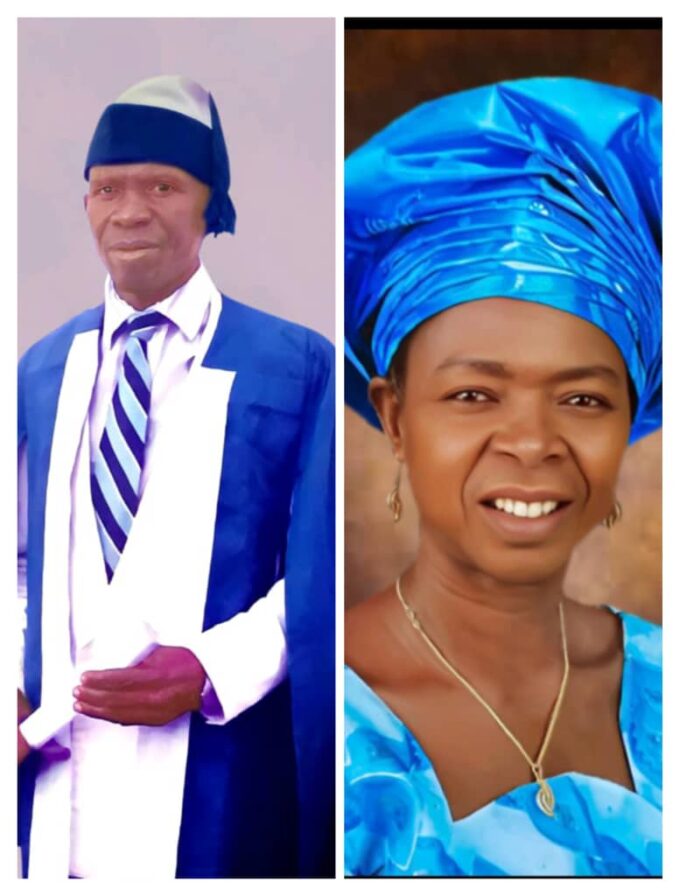
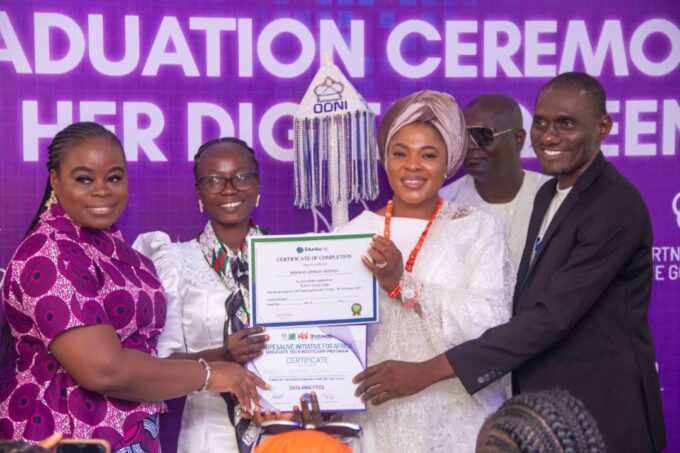





Leave a comment